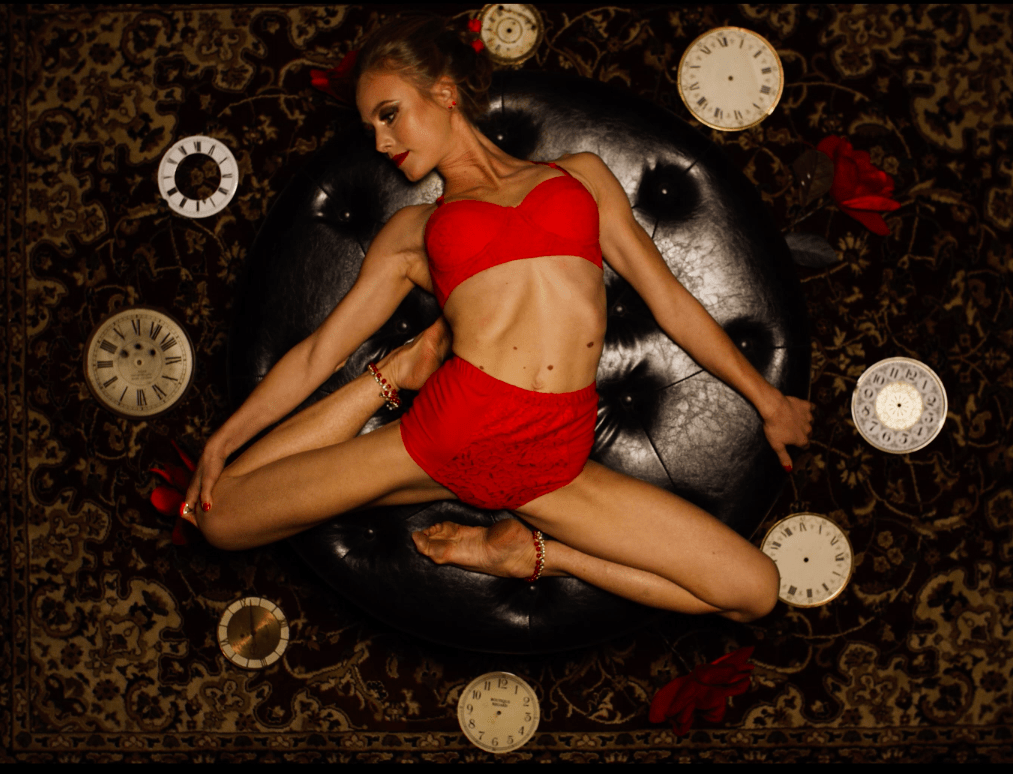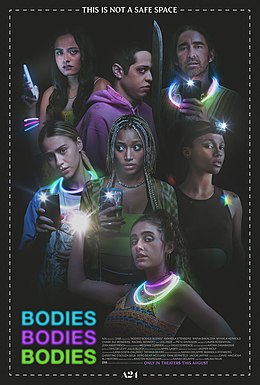Although comparing artists to each other commonly brings up complaints among artists and critics alike (there will never be a new Beatles!) there are certain situations where this side-by-side is unavoidable. Like when Patti Smith invited Australian punk-folk-rocker Courtney Barnett up on stage last April at Melbourne’s Festival Hall. Whether it’s the hair, the fact that Smith is one of Barnett’s favorite artists, or the way both women write with such a sharp wit (one that recognizes its shortcomings, and doesn’t take itself too seriously,) there’s something strikingly similar about these two voices–especially on Barnett’s most recent release, Tell Me How You Really Feel.
There’s an underlying kinetic energy present on this album–one that drives the tracks through the storm, that relishes in the emotional swells instead of trying to avoid them. In the first verse of the first track, entitled “Hopelessness,” Barnett sets up expectations for the emotional work that this album is going to do: “No one is born to hate / We learn it somewhere along the way / Take your broken heart / Turn it into art / Can’t take it with you.” This track begins with an eerie slow burn, the powerful guitar licks picking up speed before they explode in a beautifully screeching finale—a pattern that can describe the album as a whole. Barnett has become known for strumming with her fingers rather than a pick, a technique she first developed on the acoustic guitar and later translated to her (lefty) electric guitar. Not only does this not hold her back, it seems to actually give her a sort of edge.
“No one is born to hate / We learn it somewhere along the way / Take your broken heart / Turn it into art / Can’t take it with you.”
Lead single “Nameless, Faceless” acts like scar tissue—showing Barnett dissecting her own theme and feeling the full extent of the pain before letting it go. The interaction between the verses (which all end in the repetition of “I’m real sorry / ‘Bout whatever happened to you,”) and the no-holds-barred chorus (“I wanna walk through the park in the dark / Men are scared that women will laugh at them / I wanna walk through the park in the dark / Women are scared that men will kill them”) is a negotiation of her reaction to this learned hate. This moment comes across as particularly Patti-esque, the deadpan critique of gender-power relations evoking memories of Smith’s poetry (think “seventh heaven.”)
https://www.youtube.com/watch?v=iQVvSdymxmQ
After this, the soon-to-be-punk-anthem “I’m Not Your Mother, I’m Not Your Bitch” snaps into place. It may not even be necessary to discuss how this song relates to Smith, who has been given the title “godmother of punk.”
Courtney Barnett is not a carbon copy of Patti Smith, but she is doing the same legwork. She’s unabashedly intelligent, unafraid of addressing herself and her shortcomings, and fully prepared to go against the conventions that usually relegate singer-songwriters to Adult Top 40 stations and movie soundtracks. Through her lyricism and performances, she is embarking on an important project: carrying Smith’s energy forward to a new generation of listeners, who are eager to listen and learn. At the very least, they are kindred spirits–something I, as a young woman, can’t help but be very thankful for.
Read more Music Reviews on ClicheMag.com.
‘Tell Me How You Really Feel’: How Courtney Barnett Bears It All & ‘Turns It Into Art’: Featured image courtesy of Courtney Barnett




